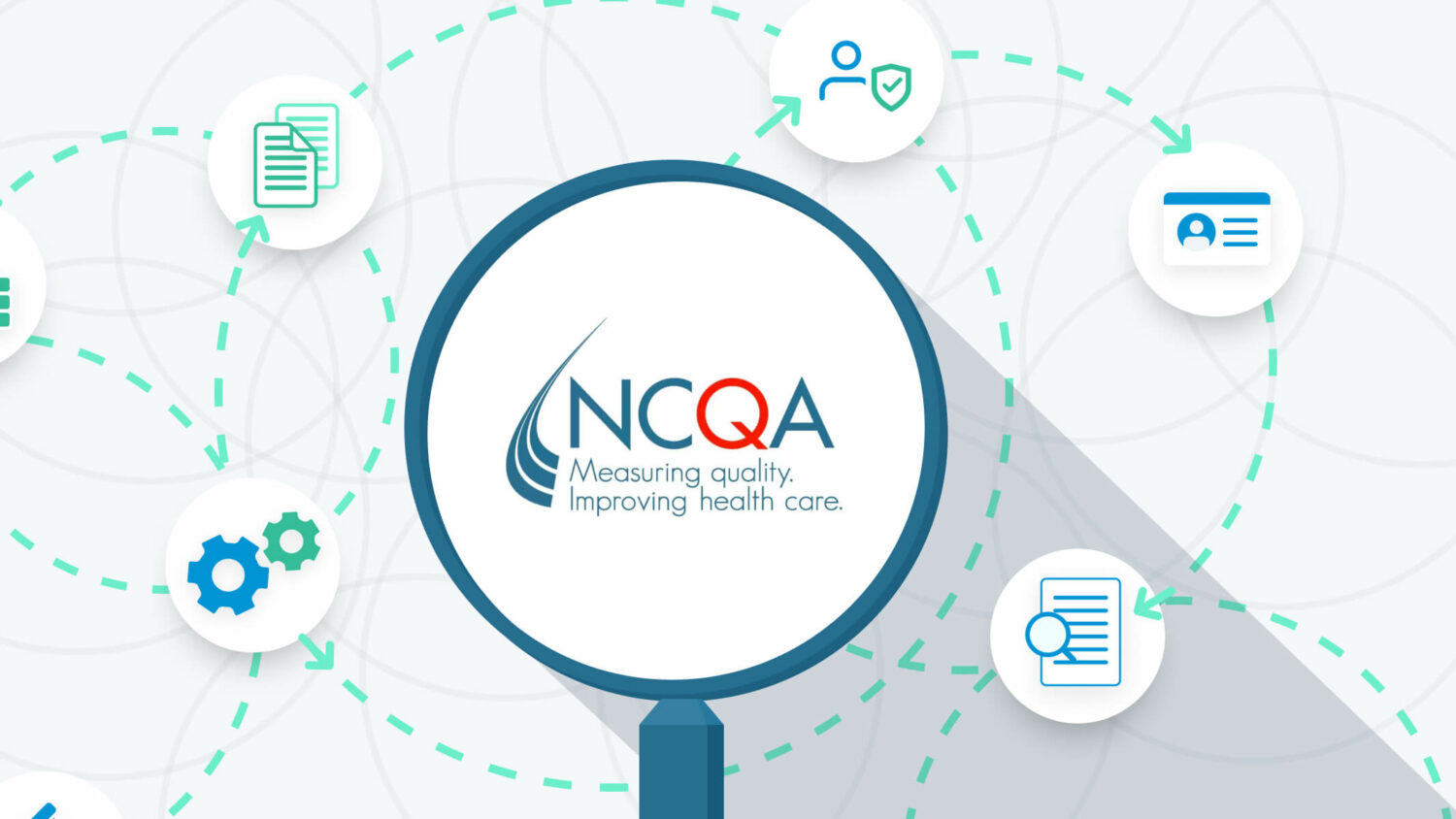
What You Should Know:
– The National Committee for Quality Assurance (NCQA) has introduced a groundbreaking new program designed to evaluate and accredit organizations offering virtual care services.
– The Virtual Care Accreditation program provides a roadmap for organizations to deliver high-quality patient care, identify gaps in their programs, and effectively track patient outcomes.
Key Features of the Virtual Care Accreditation Program
- Comprehensive Standards: The program covers both primary care and urgent care settings, providing organizations with a framework for evaluating their virtual care services.
- Quality Improvement: Accreditation can help organizations identify areas for improvement and enhance the quality of care delivered through virtual modalities.
- Value-Based Care Alignment: Accreditation may facilitate alignment with value-based care contracting agreements, demonstrating a commitment to high-quality, cost-effective care.
- Flexible Options: Organizations can pursue accreditation for Virtual Care Delivery, Virtual Care Delivery Oversight, or both, allowing for customization based on their specific needs.
Development of the Virtual Care Accreditation Program
NCQA led a pilot program for a select group of diverse healthcare organizations to gather valuable insights and feedback for the development of the Virtual Care Accreditation standards. Additionally, NCQA convened an advisory panel of experts, conducted market research, and sought public comment to ensure the standards are relevant and comprehensive.
Benefits of Virtual Care Accreditation
- Enhanced Reputation: Accreditation demonstrates an organization’s commitment to quality and patient care.
- Improved Patient Outcomes: By addressing gaps in virtual care programs, organizations can enhance patient experiences and outcomes.
- Facilitated Contracting: Accreditation may help organizations align with value-based care contracts.
How to Participate
The first two modules of the Virtual Care Accreditation standards are now available for purchase through the NCQA store. Applications for surveys will open in November 2024.
“Health care delivery has undergone significant transformation with the rapid adoption of virtual care, and while accessible health care is important, it must also be of high quality and equitable across the care continuum,” said NCQA President, Peggy O’Kane. “These evaluation modules for organizations that deliver virtual care will create standardization, elevate best practices for this model of care delivery, address fragmentation and assist organizations in their pursuit of quality care.”
